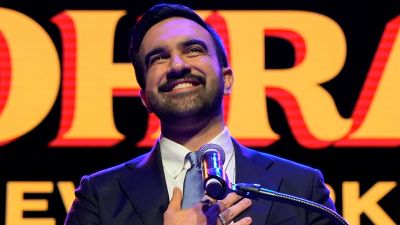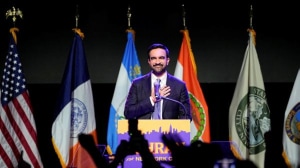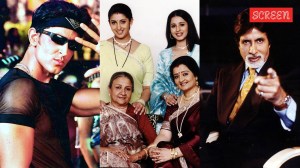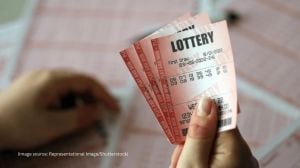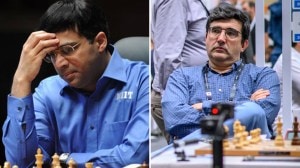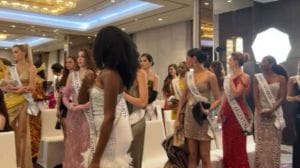Haqqani drafted memo,not loyal to country: Panel
Ex-envoy says report distraction from other embarrassing developments
A Pakistani judicial commission has concluded that the countrys former ambassador to the US,Husain Haqqani,was behind a mysterious memo that sought US help to stave off a feared coup and said he was not loyal to the country while serving as an envoy.
The Supreme Court-appointed commissions findings were made public as a nine-judge bench headed by Chief Justice Iftikhar Chaudhry began examining the panels report Tuesday morning.
The report said Haqqani was not loyal to Pakistan while serving as the envoy in the US and had sought to undermine the security of the countrys nuclear assets,the armed forces,the Inter-Services Intelligence and the Constitution.
The panel further concluded that the alleged memo was authentic and was drafted on Haqqanis instructions. It concluded that Haqqani had sought US support through the memo and that he had wanted to head a new national security set-up.
The panel further said Haqqani had not accounted for $2 million spent from a secret fund of the Pakistani Embassy in Washington. The apex court adjourned the matter for two weeks and directed Haqqani to appear in person at the next hearing. It also issued notices to all parties involved in the case.
Haqqani,currently in the US,was forced to quit after Pakistani-American businessman Mansoor Ijaz made the memo public last year. The memo,which was delivered by Ijaz to then US military chief Admiral Mike Mullen,had sought American help to stave off a possible coup after the killing of Osama bin Laden in Pakistani territory on May 2 last year.
Haqqani,on Tuesday,dismissed the memo commissions report. The Commissions report has been released to distract attention from other more embarrassing developments, he said alluding to the allegations relating to the Chief Justices son Arsalan Chaudhry. Claiming that he had nothing to do with the memo,Haqqani said the Commission might have come to a different conclusion if it had heard him out,which it did not. The entire proceeding reflected the political machination of ideological elements including the judiciary and had little to do with fact finding, he added.


- 01
- 02
- 03
- 04
- 05


